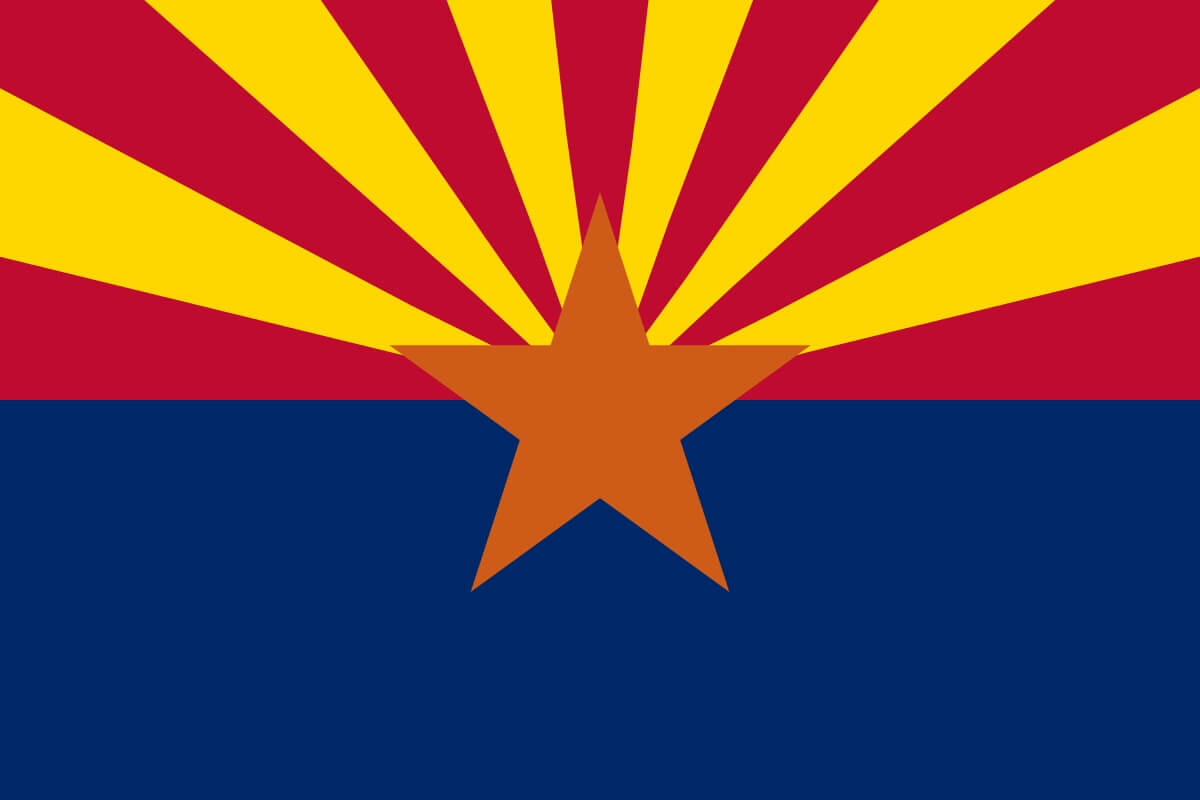On February 4, 2021, Arizona Governor Doug Ducey signed into law House Bill (H.B.) 2045, which expands protections for pregnant workers under Arizona law. The measure amends the Arizona Civil Rights Act (ACRA) to mirror existing protections under the federal Pregnancy Discrimination Act of 1978, which amended Title VII of the Civil Rights Act of 1964. Arizona legislators passed H.B. 2045 because the ACRA did not previously contain express protections for pregnancy and related conditions. To address the gap between state and federal law, Arizona legislators amended the ACRA to allow the Arizona Attorney General’s Office to investigate and enforce these protections under state law. With the governor’s signature, Arizona joins at least 27 states that have enacted laws specifically prohibiting discrimination against pregnant employees.
Expanded ACRA Protections
H.B. 2045 amends Arizona Revised Statutes (A.R.S.) § 41-1461 to specify that prohibited discrimination “‘because of sex’ and ‘on the basis of sex’ includes because of or on the basis of pregnancy or childbirth or related medical conditions.” Additionally, A.R.S. § 41-1463 now expressly states that “women who are affected by pregnancy or childbirth or related medical conditions shall be treated the same for all employment-related purposes, including receipt of benefits under fringe benefit programs, as other persons not so affected but similar in their ability or inability to work ….” This language aligns the ACRA with the Pregnancy Discrimination Act’s existing protections.
Pregnancy Discrimination Claims After SCOTUS Decision
Considering that case law regarding Title VII of the Civil Rights Act of 1964 is persuasive in interpreting the ACRA, it is likely that the analysis of claims arising under Arizona’s new protections will follow the analysis of the Supreme Court of the United States in a 2015 case in which an employee sued her employer claiming that her employer did not accommodate her pregnancy-related lifting restriction but accommodated other workers with similar restrictions. Although the Court declined to require employers to provide accommodations to pregnant workers if any nonpregnant workers received accommodations for similar limitations—which would have created a ‘“most-favored-nation’ status” for pregnant workers—the Court did create a new “significant burden” standard to analyze pregnancy discrimination claims.
Key Takeaways
The law is expected to take effect on or about July 19, 2021. For Arizona employers with policies and practices that are already in compliance with the federal Pregnancy Discrimination Act, H.B. 2045 may be of little impact. Arizona employers may nevertheless wish to review their policies and practices to ensure compliance with H.B. 2045, considering, for instance, potential amendments to their equal employment opportunity and/or nondiscrimination policies that include pregnancy and related medical conditions. In addition, Arizona employers may want to familiarize themselves with federal case law and Title VII guidance along with guidance related to the Pregnancy Discrimination Act (which includes pregnancy-related conditions within the definition of sex discrimination under Title VII).






